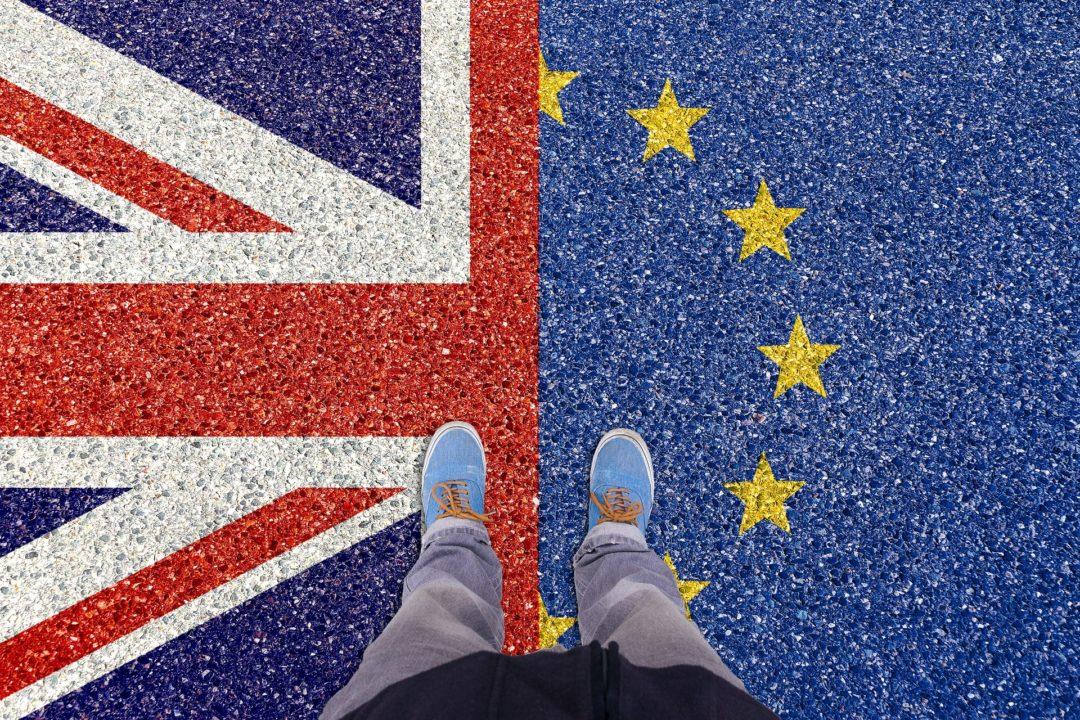The UK’s chief Brexit negotiator said “very little progress has been made” in the latest round of trade talks with Brussels.
David Frost said the two sides remain deadlocked on “the most significant outstanding issues between us”, including the contentious issue of fishing rights.
Mr Frost was speaking after the conclusion of the third round of negotiations regarding Britain’s future relationship with the EU.
The UK formally left the EU on January 31 but remains in a standstill transition arrangement until the end of the year.
Boris Johnson’s government hopes to rapidly agree a trade deal with Brussels this year to come into effect from January 1, 2021 – and has repeatedly rejected calls to extend the transition period.
UK-EU talks were delayed in March as both Frost and the EU’s chief negotiator Michel Barnier had to self-isolate after testing positive for coronavirus.
The Scottish Government has pleaded with their UK counterparts to apply for an extension, saying the country cannot afford the “double hit” to the economy of both Covid-19 and a potential no-deal or hard Brexit.
The transition period can be extended once, for either one or two years, but the UK Government would need to request that extension by June 30.
Mr Barnier warned the EU “would not act in haste on such an important matter” as a trade agreement and outlined the importance of upholding the Good Friday Agreement in Northern Ireland.
Speaking on Friday, Britain’s chief negotiator insisted the major obstacle to an agreement was the EU’s insistence on including a set of “novel and unbalanced proposals” regarding the so-called “level playing field”.
This refers to countries having a common set of rules and standards that prevents one nation from undercutting or gaining a competitive advantage over others – one of the key principles of being a member of the EU’s single market.
Mr Frost said: “We have just completed our third negotiating round with the EU.
“I regret however that we made very little progress towards agreement on the most significant outstanding issues between us.
“It is very clear that a standard comprehensive free trade agreement, with other key agreements on issues like law enforcement, civil nuclear, and aviation alongside, all in line with the political declaration, could be agreed without major difficulties in the time available.
“The major obstacle to this is the EU’s insistence on including a set of novel and unbalanced proposals on the so-called ‘level playing field’ which would bind this country to EU law or standards, or determine our domestic legal regimes, in a way that is unprecedented in free trade agreements and not envisaged in the political declaration.
“As soon as the EU recognises that we will not conclude an agreement on that basis, we will be able to make progress.”
The UK’s chief negotiator also said it is “hard to understand why the EU insists on an ideological approach” to negotiations on fishing rights.
Mr Frost added: “Although we have had useful discussions on fisheries on the basis of our draft legal text, the EU continues to insist on fisheries arrangements and access to UK fishing waters in a way that is incompatible with our future status as an independent coastal state.
“We are fully committed to agreeing fishing provisions in line with the political declaration, but we cannot agree arrangements that are manifestly unbalanced and against the interests of the UK fishing industry.”
He called for “a change in EU approach” before the next round of talks beginning on June 1, ahead of a planned summit that month to take stock of the negotiations.
Speaking at a European Commission press conference on Friday, Mr Barnier said: “Our future partnership will be shaped by the choices we make this year together.
“The EU will not act in haste on such an important matter.
“Our negotiation mandate was not written in haste, it is a reflection of three years of work.”
The EU’s chief negotiator went on: “The next round must bring new dynamism in order to avoid a stalemate between us.
“Let us make a success of round four in the first week of June by making the tangible progress we need.”
On the Good Friday Agreement, he added: “We are both committed to correctly implementing the protocol on Ireland and Northern Ireland.
“The UK has not yet laid out its approach for fulfilling this obligation under the protocol.”
Mr Barnier said the solution had to ensure “continued peace and stability on the island of Ireland and uphold the Good Friday Belfast Agreement in all its dimensions”.
Any agreement would need to preserve the EU single market on the island of Ireland “by ensuring all the necessary checks and control from goods entering Northern Ireland from Great Britain or anywhere else”, he added.
Follow STV News on WhatsApp
Scan the QR code on your mobile device for all the latest news from around the country


 STV News
STV News

























